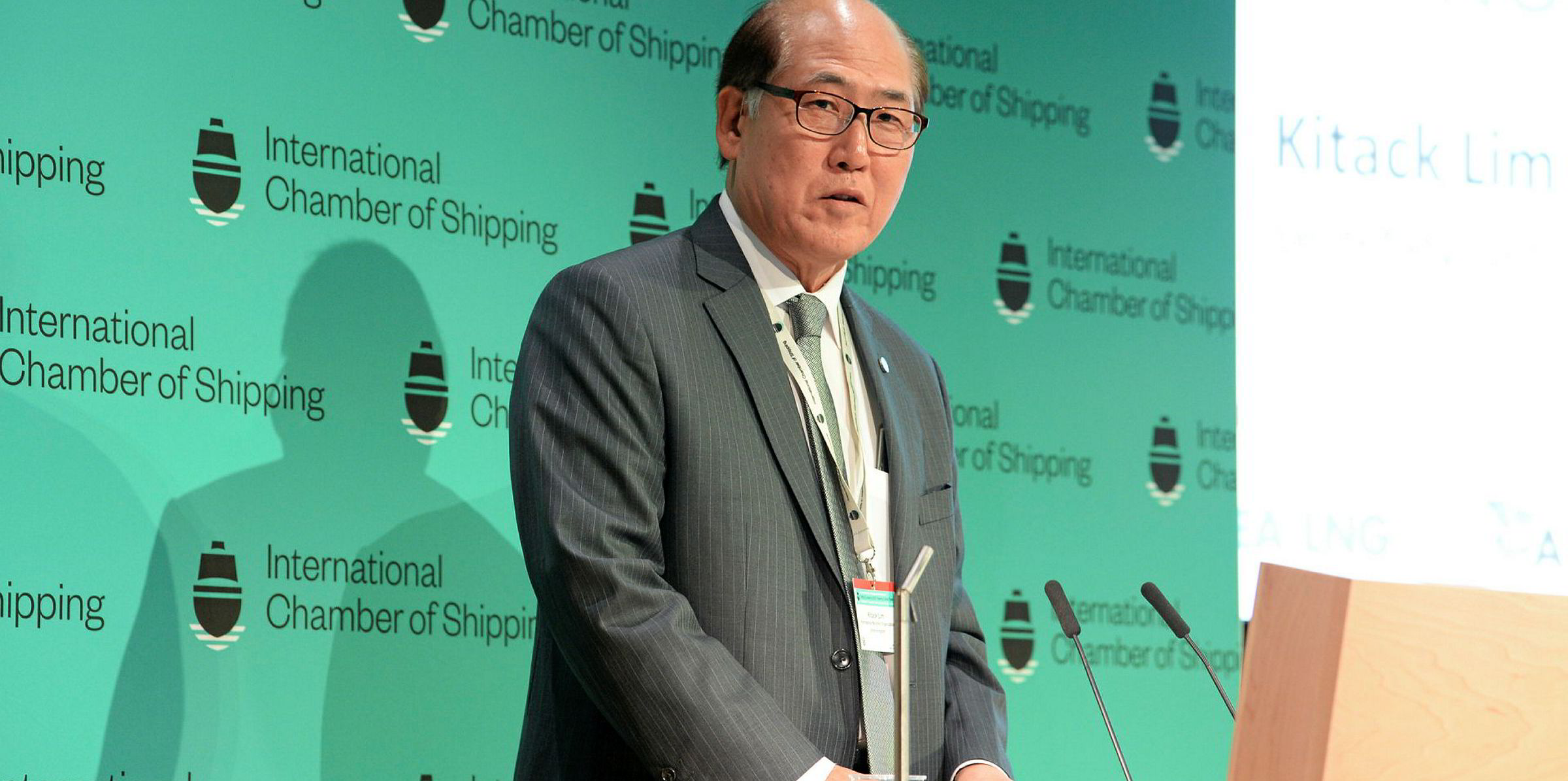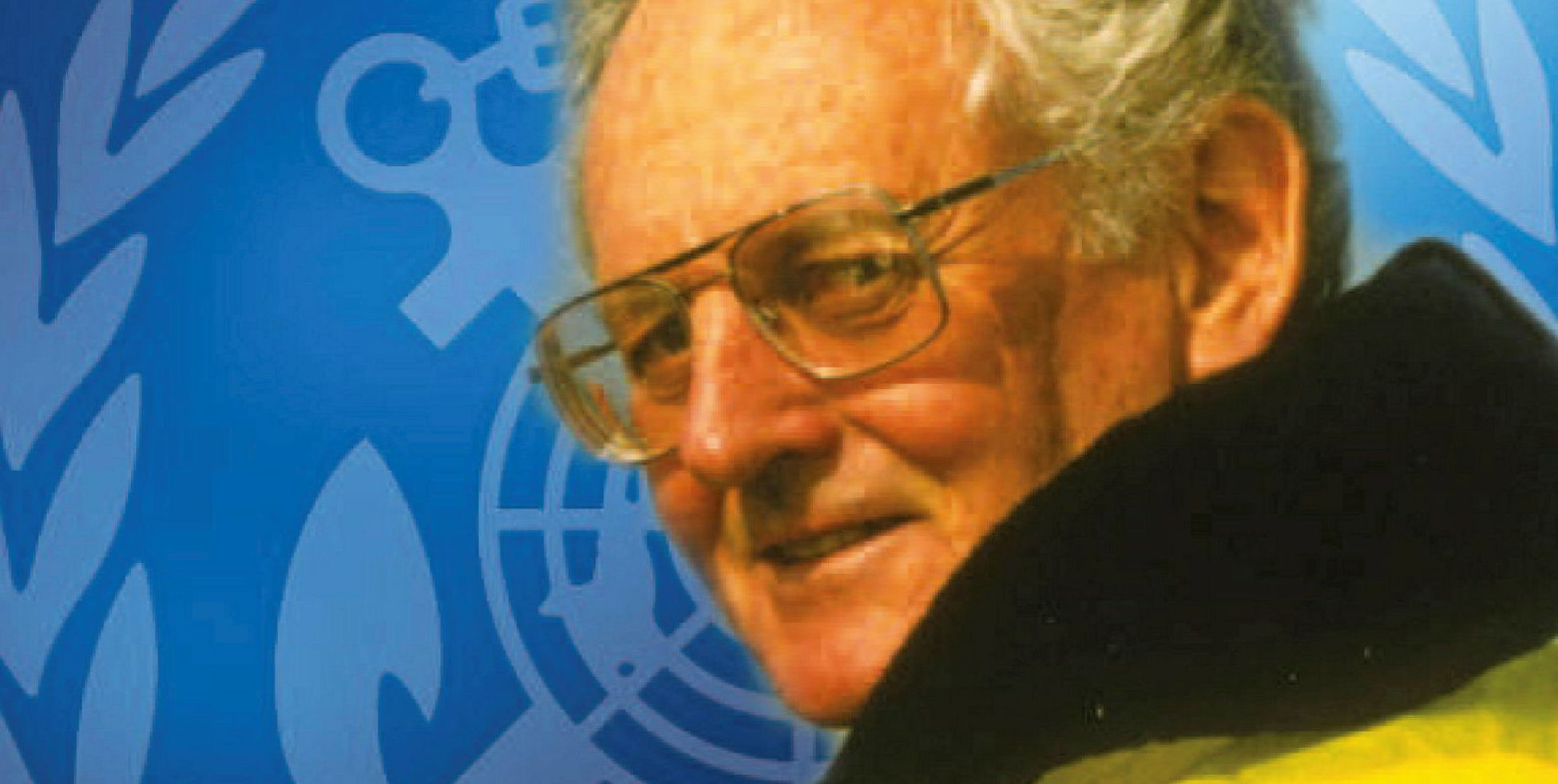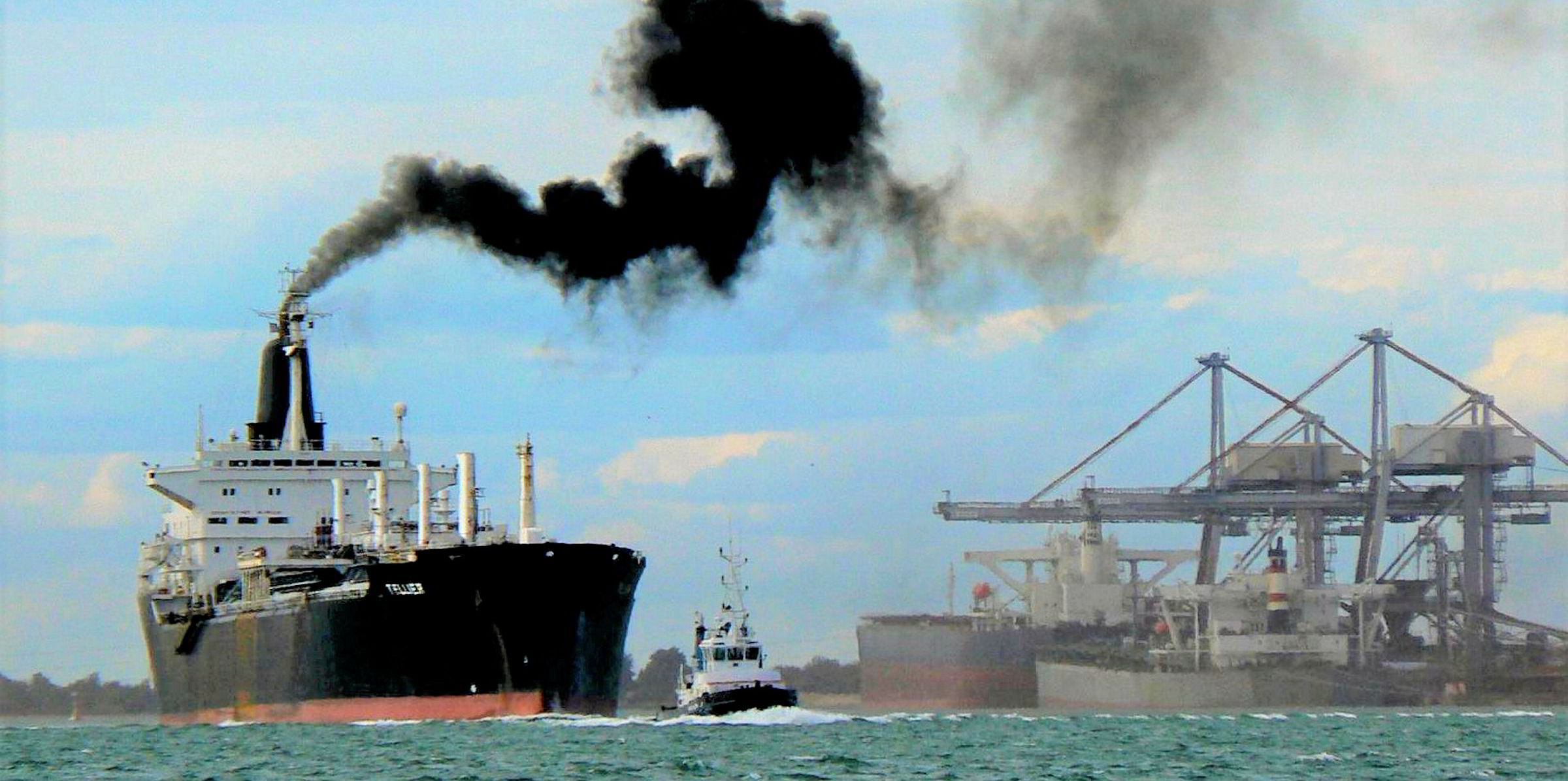William O’Neil, the International Maritime Organization’s second longest-serving secretary general, has died aged 93.
O’Neil, who led the United Nations’ maritime regulator from 1990 to 2004, is regarded as one of the organisation’s most significant leaders, who helped tackle serious safety failings in the shipping industry during the 1990s.
Current secretary general Kitack Lim described O’Neil, who died on 29 October, as a “truly great secretary general”.
Lim said: “I personally always valued his guidance and advice, as well as his friendship and leadership. Mr O’Neil left a lasting legacy on the organisation.”
O’Neil, a civil engineering graduate from the University of Toronto, was born in Ottawa in 1927. He became a commissioner of the Canadian Coast Guard between 1975 and 1980 before joining the IMO.
He was elected secretary general of the IMO for a first term of office in 1990, a second term from 1994, a third term starting in 1998 and a further two-year term from 2002 to 2004.

At the IMO, he initiated major regulatory reforms that have raised safety, security and environmental standards and helped to form the modern shipping industry.
During his time in charge, the International Safety Management Code was established to become a major turning point in raising safety standards, forcing ship managers to adopt higher safety standards.
He told shipowners at the time that if they did not comply with the new code they would “find themselves in possession of a fleet which, after 1 July 1998, cannot trade and is no longer insured”.
Under his tenure, Annex VI was introduced to the Marpol Convention to regulate shipping emissions, leading to the current IMO 2020 standards on the sulphur content of fuel.
Annex VI now also provides a regulatory platform for the IMO to achieve a reduction of shipping’s greenhouse gas emissions. In addition, O'Neil began work that was to lead to the Ballast Water Management Convention.
Single-hull tankers were also phased out during O’Neil’s leadership in response to the Exxon Valdez accident in 1989. He was also to undertake major safety initiatives on passengership safety following the sinking of the Estonia in 1994.
O’Neil was also behind a number of regulatory initiatives to stop the high loss of life associated with bulk carrier casualties in the 1990s.
Towards the end of his IMO tenure, following the 9/11 attacks in the US, he brought through the International Ship and Port Facility Security Code, or ISPS Code.
He was also behind the memorial to seafarers art work that decorates the entrance to the IMO building in London and in establishing the Seafarers Memorial Fund.
O’Neil leaves behind his wife, Olga, children and grandchildren.






